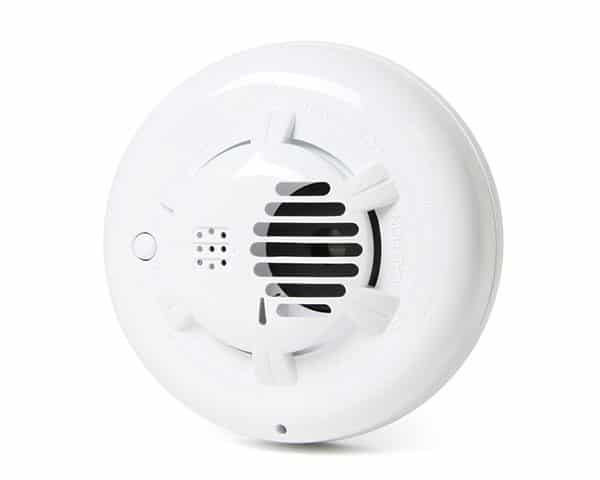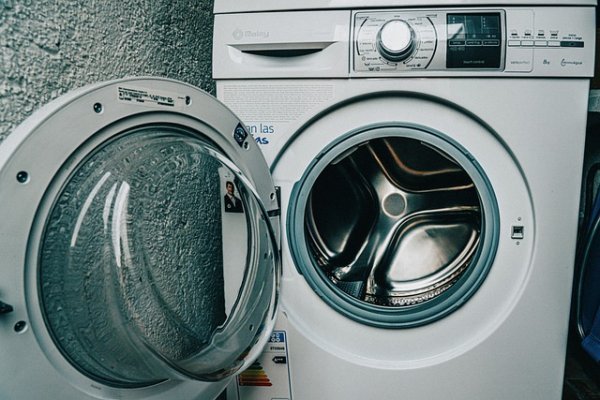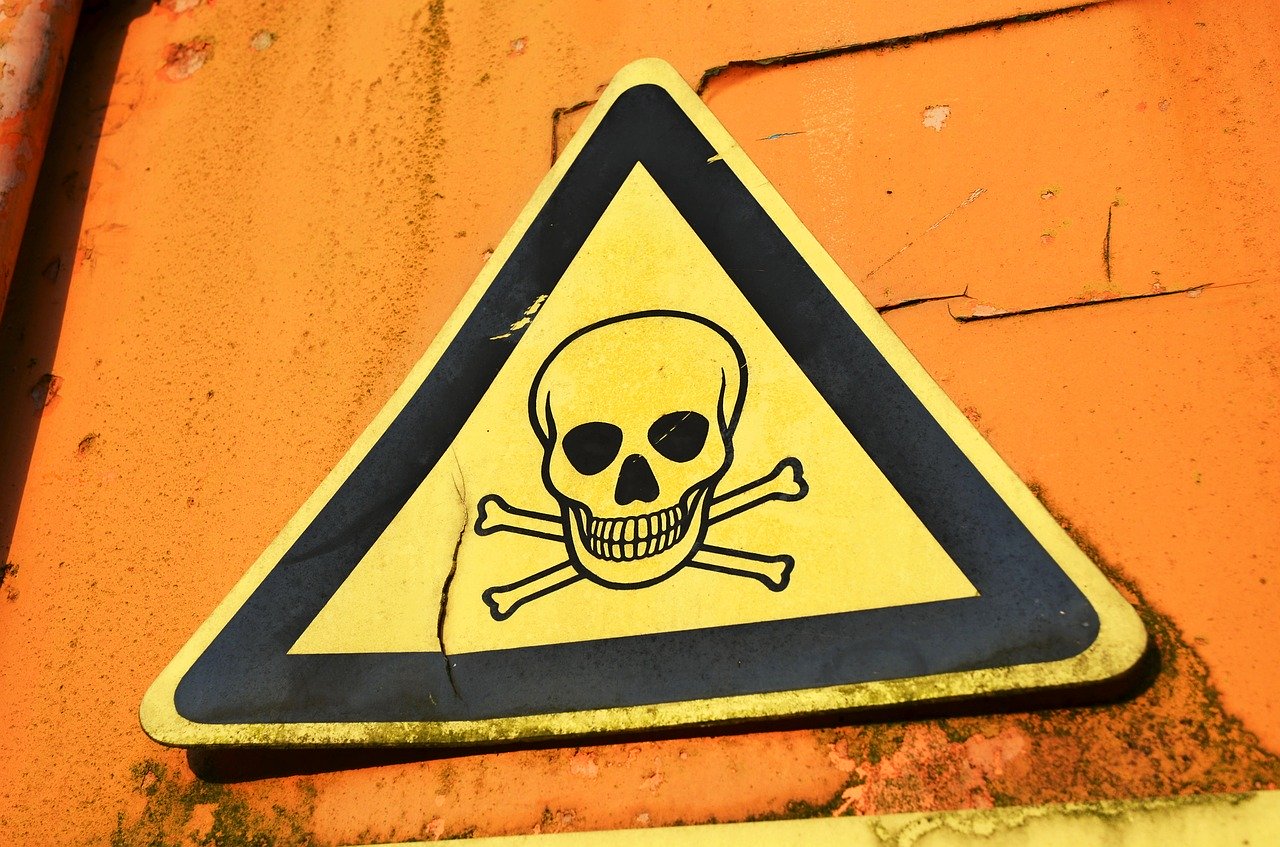Do Environmental Hazards Threaten your Safety?
The technology involved in today’s home alarm systems allows us to use it for more than just a burglar alarm. We can remotely unlock our front door for a delivery service to place a package inside, and then we lock it back up. Our smartphone app also closes the garage door if we forgot about it when rushing to work. There are many conveniences we get when there is smart home security protecting our families. However, there are additional benefits to our smart security devices. There are occasions where they prove to be lifesaving when it comes to environmental hazards in the home. An environmental hazard is anything that is going to threaten our home’s environment when it comes to our health and safety.

Smoke Detector
A smoke detector is often an underappreciated device in the home. Some ignore it as an annoying item that has a continuous chirp when the battery gets low. Thankfully, this is due to not having to put it to use. But, when it comes time for it to work in its capacity, it is an actual lifesaver. There are an average of 70,000 home fires a year that result in about 500 deaths. The risk of a fire in your home is always a potential environmental hazard to work hard to avoid.
There are different types of smoke detectors to put in the house. There is the freestanding, unwired with a battery to keep fresh every six months. Then, there are the wired detectors that have a battery backup in case of a power outage. Finally, there is the wireless detector that communicates with your home alarm systems. It also sends you an alert on your smartphone. Whichever one you choose, keep it up-to-date. Your family’s welfare depends on it.

Carbon Monoxide Detector
A carbon monoxide detector works a lot like your smoke detector. It is rarely, if ever, used. But, in the event that it is needed, it will save your life. Carbon monoxide is an odorless gas that is produced by things that burn coal, gas, kerosene, oil, propane, or wood. These could be items such as a space heater, range, oven, clothes dryers, or a water heater. The gas gets into the home through leaks in vents, a vehicle in the garage, too many appliances running at the same time, or the like. Similar to the smoke detector, you have the choice of wireless, hardwired, plugged-in, or battery operated. Wireless is the detector that teams up with your smart home alarm systems. This one gets you immediate help by alerting your alarm monitoring company. It also alerts you on your smartphone app.

Flood Sensor
Flooding in a home from a water leak is not something that is usually life-threatening. However, it causes thousands of dollars in damage when undetected. Place this smart sensor in areas that have the potential to flood, such as the bathroom, kitchen, washing machine, or water heater. Two exposed metal prongs installed on floor level detect the presence of water buildup. The sensor then sends an alert to your smartphone app. Also, they communicate with home alarm systems when set up. There are even additional devices that you add if you want your water valve to be shut off when a leak is detected. These are all important ideas to think about. Water damage is an environmental hazard that has the potential to cause extensive damage. Not just the obvious water damage, but then the mold that follows if it is not dried out enough. Then you get the threat of allergens growing in the home.
Additional Items to Watch For
When it comes to keeping our home and family safe, be aware of other environmental hazards at home. This is especially true if you have an older home that you invested to fix up. Radon, lead, and asbestos are health hazards to test for. At Fort Knox Home Security, we want your home to be the safest place possible for you. We help you determine the best devices to place according to the needs you express to us. Let us help plan your home alarm systems. Our friendly, experienced staff knows just what it takes to layer your home in protection, inside and out. Call today to find out more!






